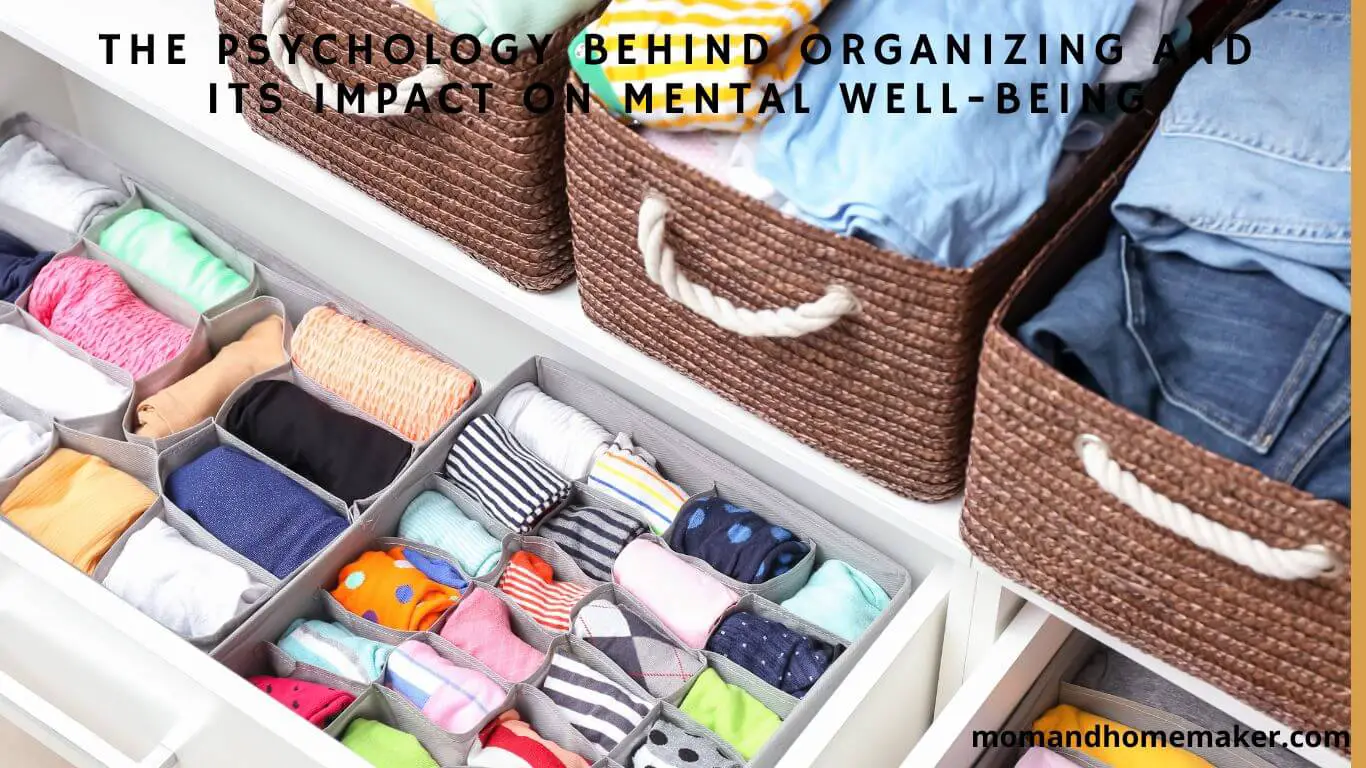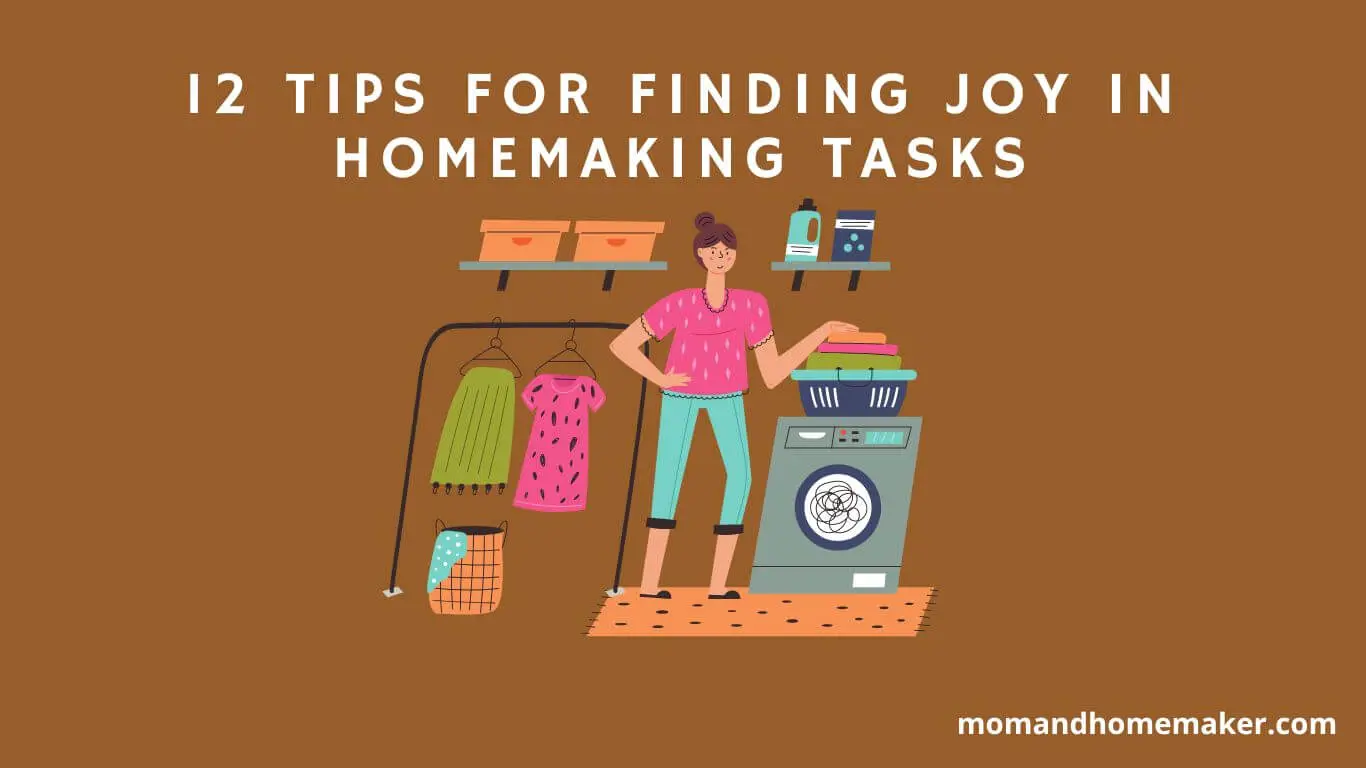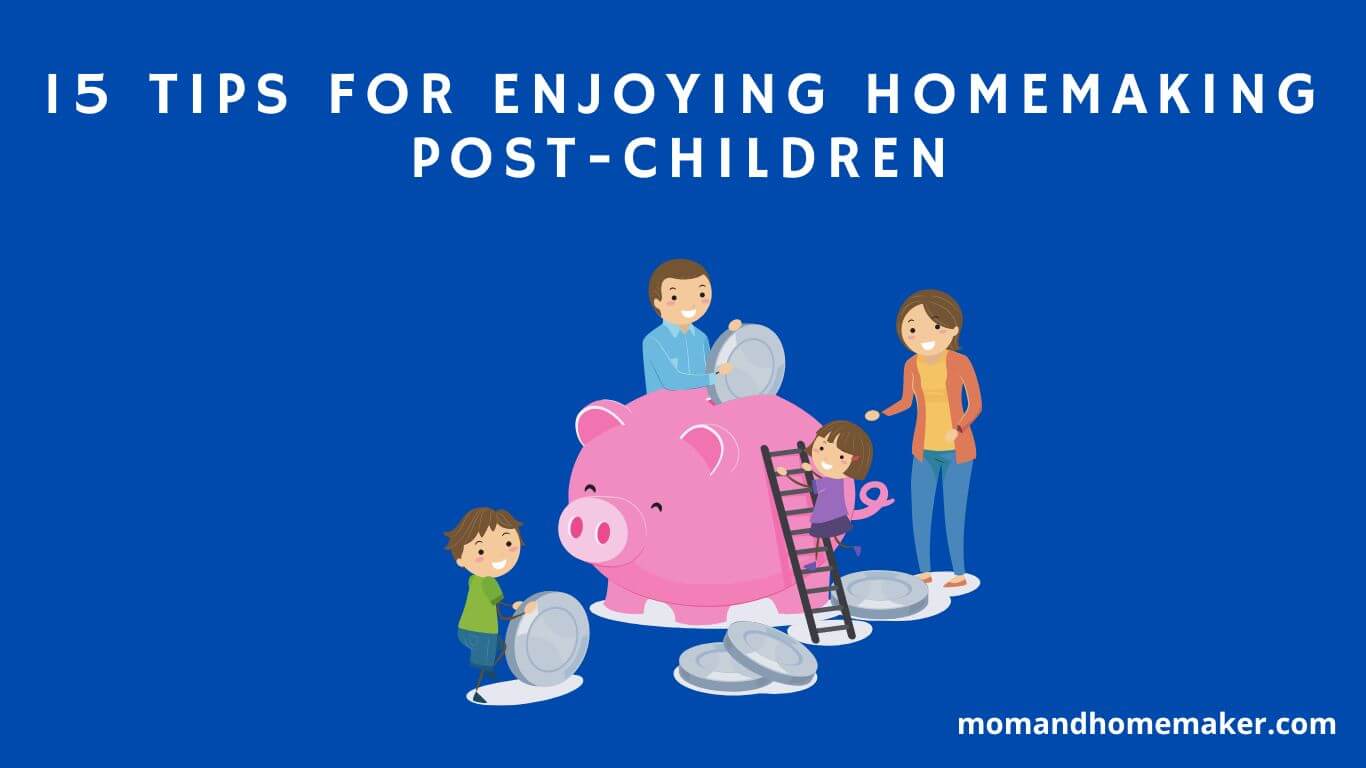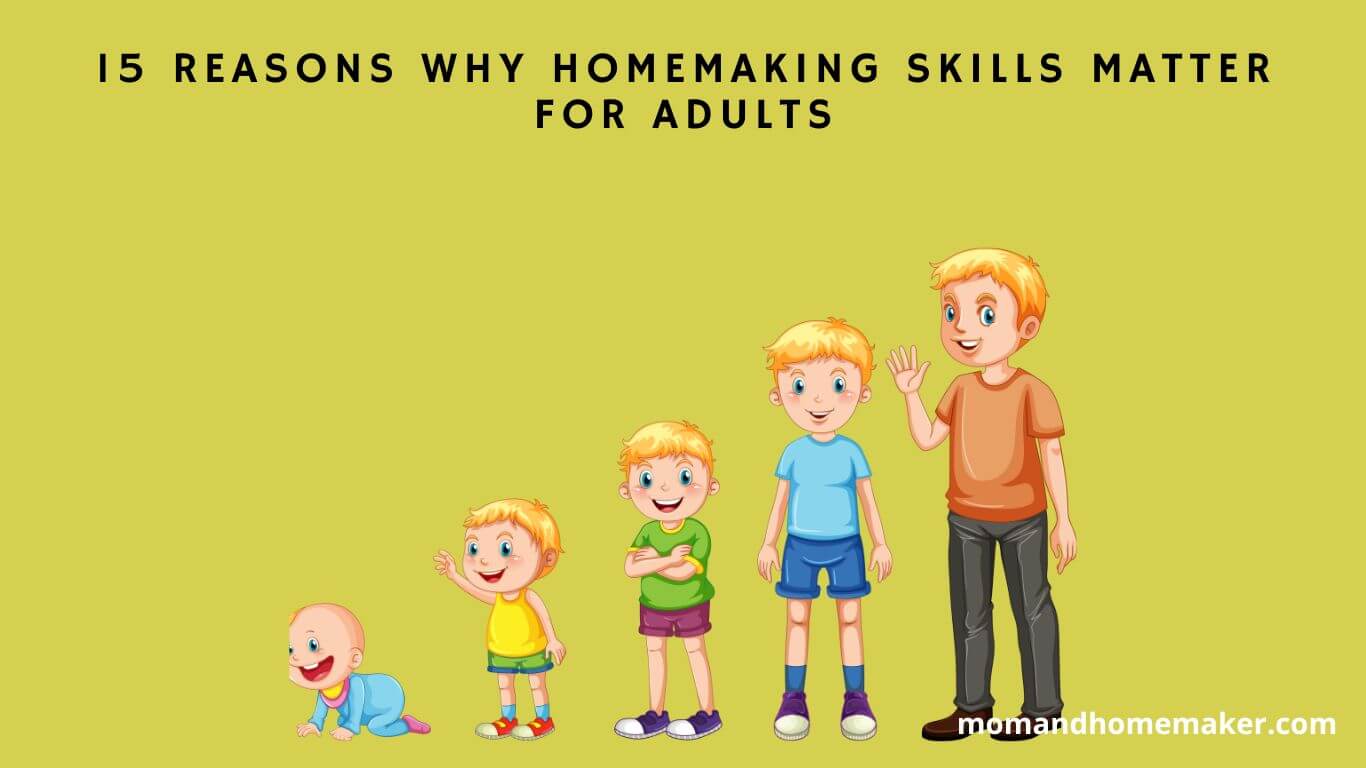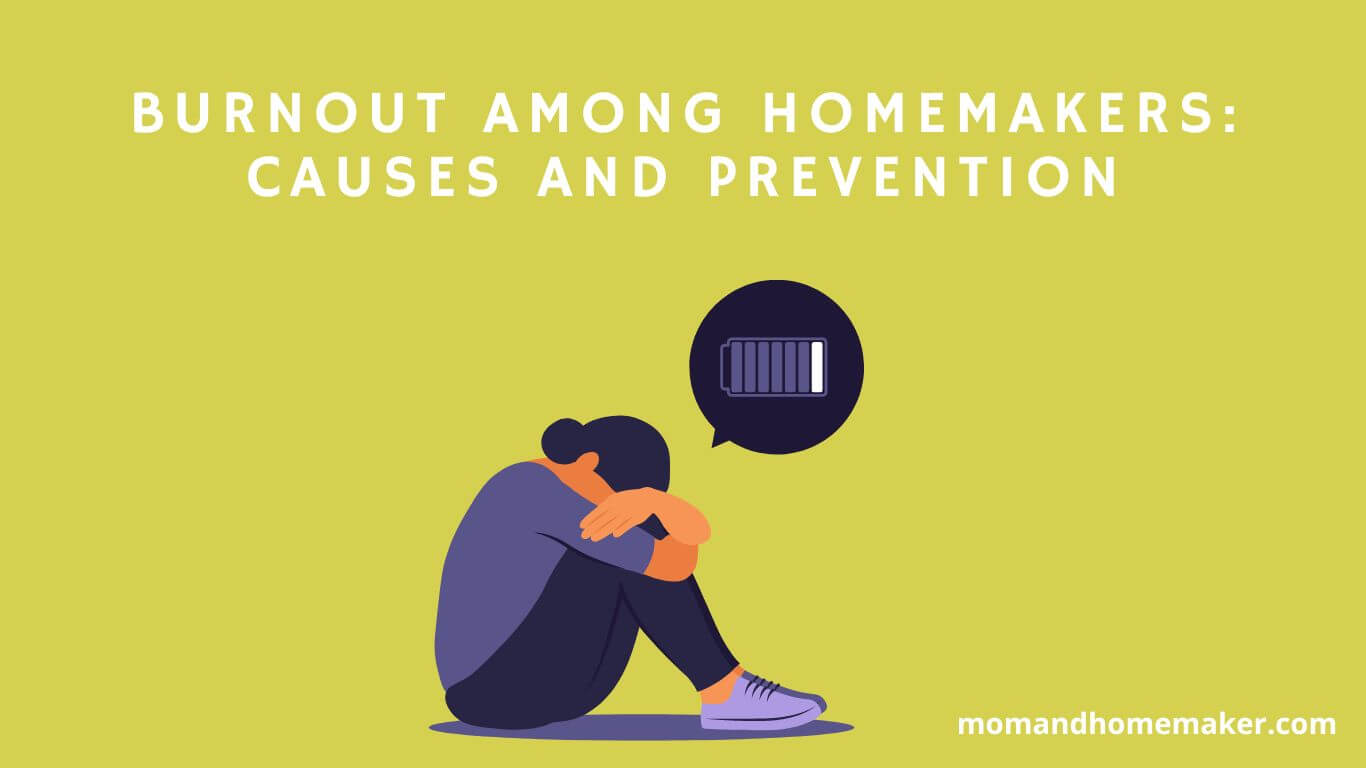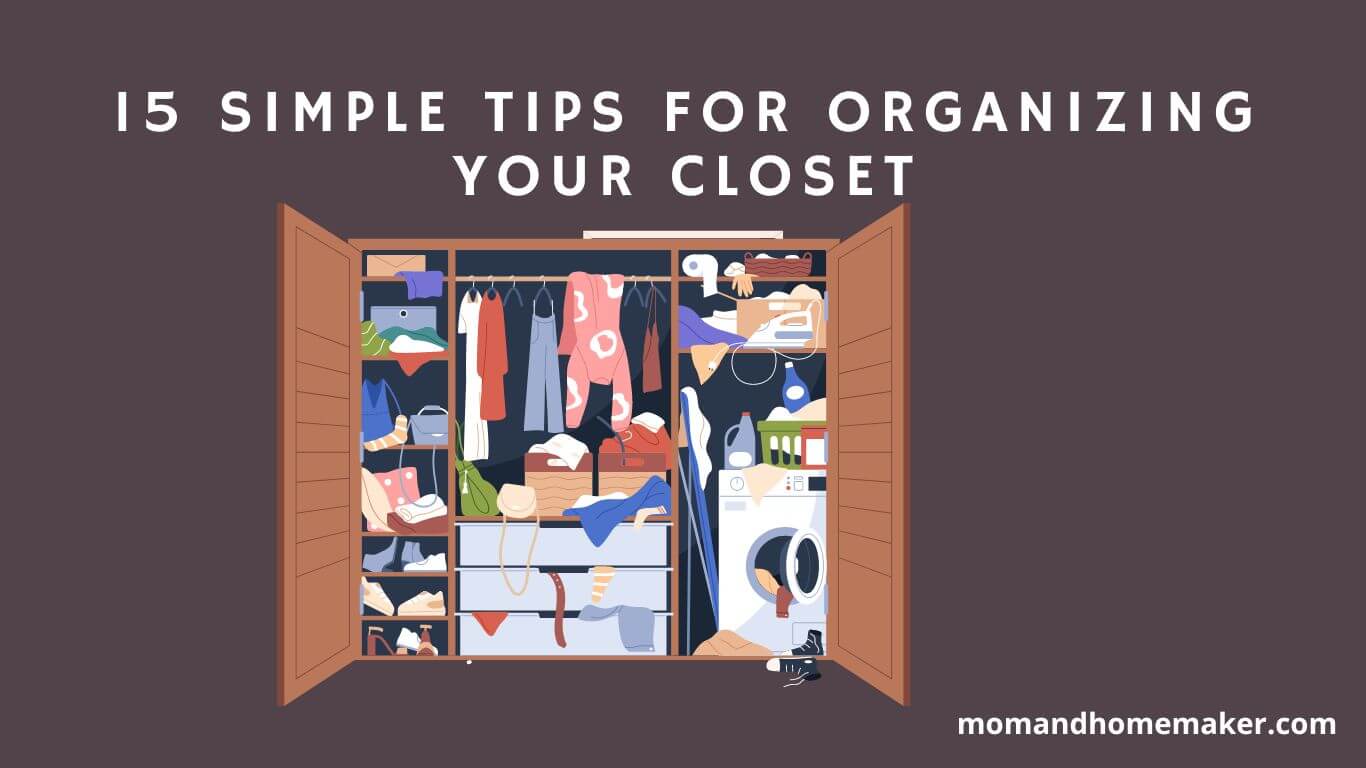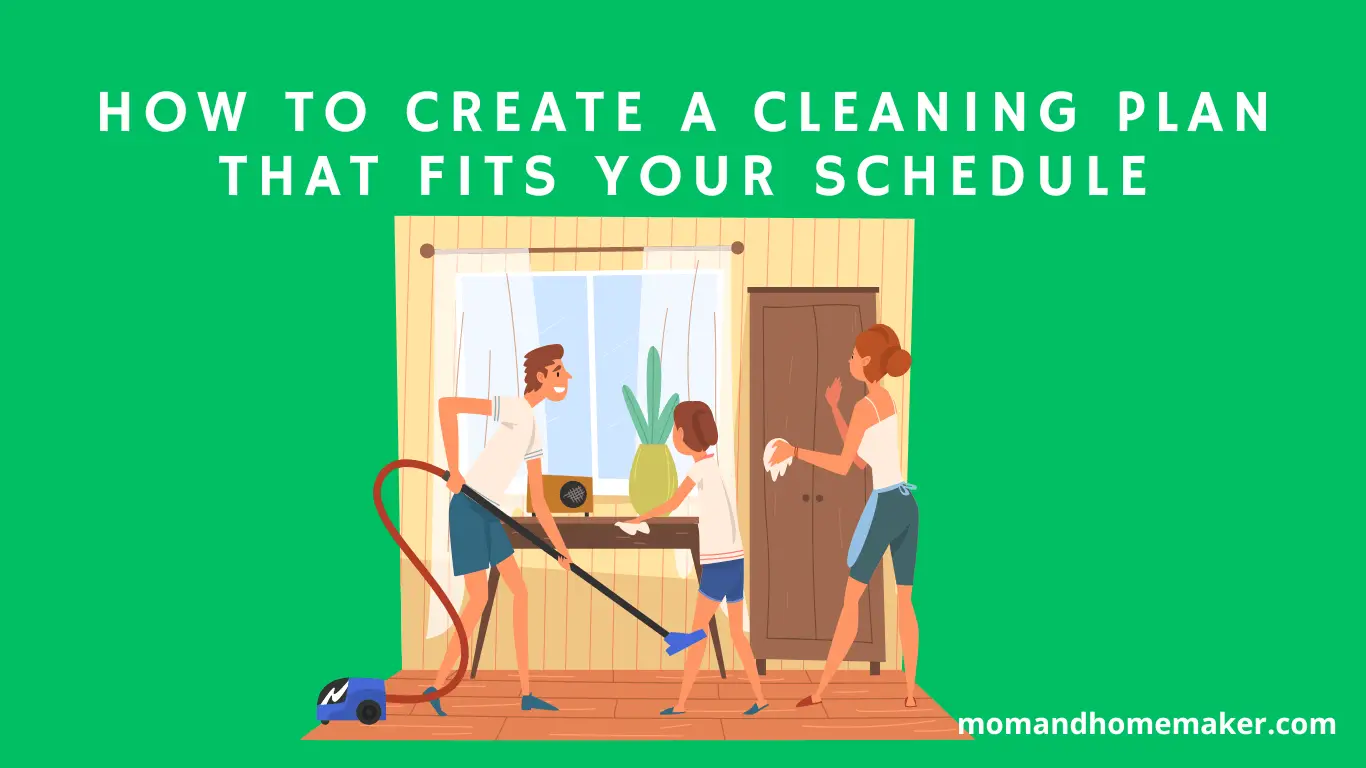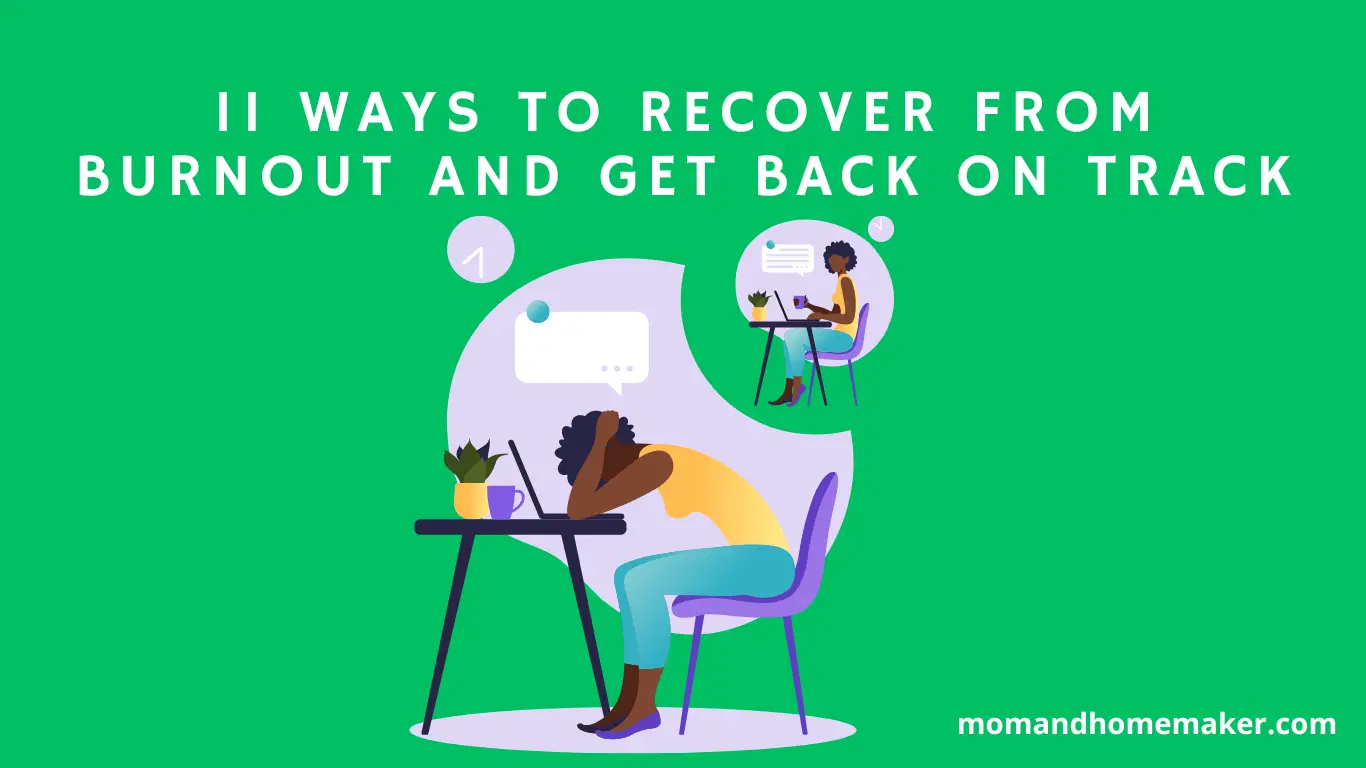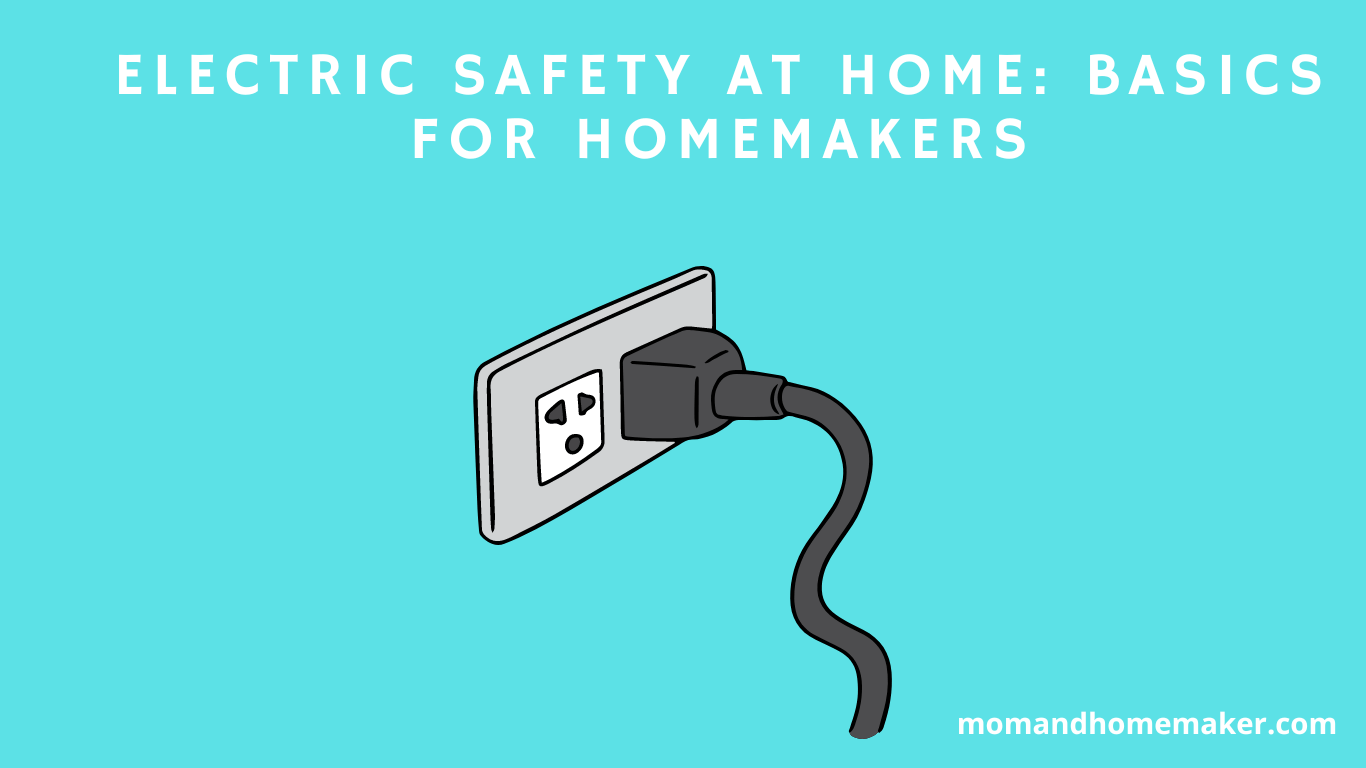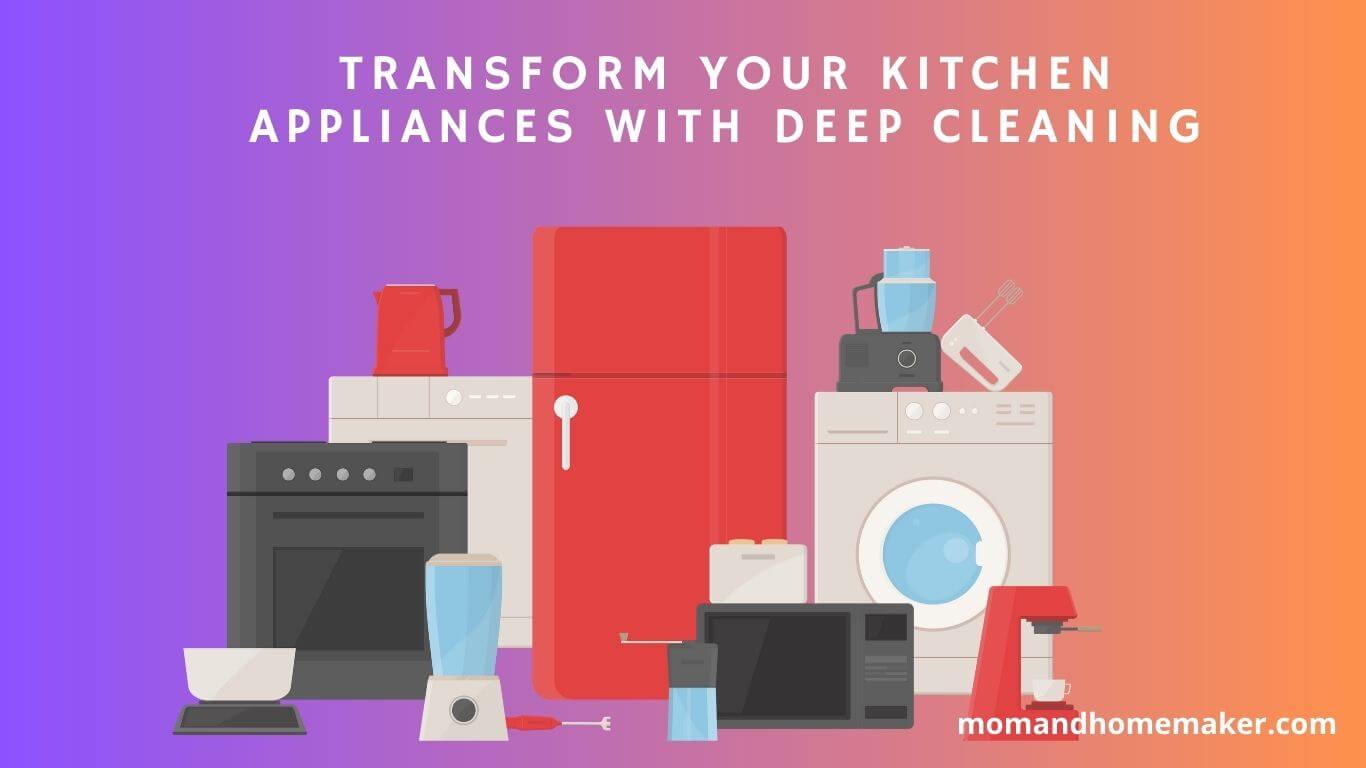Organizing one’s surroundings and routines can do wonders for mental well-being. The act of decluttering and arranging items can provide a sense of control and calmness that can help alleviate stress and anxiety.
Moreover, organizing can help increase productivity and decrease procrastination. Understanding the psychology behind organizing can further enhance its impact on one’s mental state.
The psychology behind organizing can have a significant effect on your overall happiness and sense of belonging.
From understanding the psychological effects of clutter to harnessing the power of a tidy space, you will discover the incredible benefits of organization.
Let’s embark on this transformative journey towards a calmer mind and a happier you.

The Link Between Organization and Mental Health
An organized environment can have a significant impact on your mental health and overall well-being. When your surroundings are tidy and structured, it positively affects various aspects of your life. Let’s explore how organization can enhance your mental well-being.
Organization can boost your self-esteem. When you have a neat and organized space, you feel more in control and confident about yourself. It gives you a sense of accomplishment and pride, ultimately enhancing your self-worth.
In addition, being organized plays a crucial role in decision-making. When your belongings and thoughts are well-organized, it allows for clearer thinking and better decision-making. By eliminating clutter and distractions, you can focus better on the task at hand and make more effective choices.
Moreover, the organization contributes to stress management. A cluttered environment can make you feel overwhelmed and anxious, while an organized space creates a sense of calm and peace. By reducing visual and mental clutter, you can relax and recharge.
Furthermore, the organization has a profound impact on mood regulation. A clean and organized space promotes positive emotions and reduces feelings of frustration and irritability. When your environment is in order, you’re more likely to experience happiness, contentment, and overall emotional well-being.
Organization plays a vital role in achieving your goals. When you have a structured and organized approach to your tasks and responsibilities, it becomes easier to stay focused and on track. An organized environment provides the necessary foundation for goal achievement, ensuring that you can stay motivated and accomplish what you set out to do.
Organization significantly influences your mental health and overall well-being. It boosts self-esteem, improves decision-making, facilitates stress management, enhances mood regulation, and supports goal achievement. By prioritizing organization in your life, you can create a harmonious and fulfilling environment that nurtures your mental well-being.
Understanding the Psychological Effects of Clutter
Living in a cluttered environment can have a significant impact on your mental well-being. Research has shown that clutter can contribute to increased stress levels and feelings of being overwhelmed and anxious. When your surroundings are disorganized, it becomes challenging to relax and find peace of mind.
Your organizing habits play a crucial role in your mental health. Studies have found that individuals with cluttered spaces tend to experience higher stress levels, while those with organized and decluttered spaces typically feel calmer and more content.
Taking the time to declutter and organize your space can bring numerous benefits to your mental well-being. Clearing away physical clutter can create a sense of mental clarity, enabling you to think more clearly and improve your focus. When your environment is organized, your cognitive performance tends to improve, leading to increased productivity and efficiency in your daily life.
Moreover, effective organizing strategies can be particularly helpful in managing anxiety. By creating designated spaces for your belongings and implementing an organization system, you can reduce feelings of chaos and overwhelm. Establishing a routine for tidying up and maintaining an organized space can provide a sense of control and stability, which can be comforting for those struggling with anxiety.
By understanding the psychological effects of clutter and implementing effective organizing strategies, you can create a space that promotes mental well-being and fosters a sense of belonging.
The Power of a Tidy Space on Stress Reduction
To understand the power of a tidy space in reducing stress, take the time to declutter and organize your surroundings. You might be surprised by the amazing benefits it can have on your mood and overall well-being. When your physical space is neat and organized, it can profoundly affect your mental state.
One of the key advantages of decluttering is its positive impact on your mood. A tidy environment can create a sense of calm and tranquility, helping you feel more relaxed and at ease. It can also aid in stress management by reducing visual and mental distractions that clutter can create. With a clear and organized space, you can focus better and feel less overwhelmed.
A tidy environment can also contribute to reducing anxiety. Clutter can be visually overwhelming and make you feel anxious and stressed. By decluttering and creating a tidy space, you establish a more peaceful and harmonious environment that can help alleviate anxiety and promote a sense of inner peace.
The psychological effects of a clean space go beyond just reducing stress and anxiety. It can enhance your overall well-being by fostering a sense of control, productivity, and efficiency. When you have an organized space, you can easily find things, stay on top of tasks, and experience a sense of accomplishment. This can boost your self-esteem and contribute to a positive mindset.
How Organization Can Improve Cognitive Function
An organized and tidy space has a positive impact on your mental well-being and can significantly improve your cognitive function. When your environment is clutter-free and organized, it allows for improved focus and concentration, leading to enhanced cognitive performance.
By organizing your physical space, you’re also organizing your mind. When you have a clear and organized space, it becomes easier for your brain to process information. This, in turn, improves your ability to focus on tasks at hand and avoid distractions. Your mind is no longer overwhelmed by the chaos of a messy environment, allowing you to direct your attention to what’s important.
Furthermore, an organized space can enhance your memory. When everything has a designated place, it becomes easier to remember where you put things. This can save you time and mental energy, as you no longer have to search for misplaced items. Your mind is free to focus on more important tasks, leading to improved cognitive performance.
Moreover, an organized space promotes mental clarity. When your surroundings are clutter-free, it reduces visual distractions and mental clutter. This clarity allows you to think more clearly and make better decisions. You can approach tasks with a calm and focused mindset, resulting in increased productivity and efficiency.
The Connection Between Orderliness and Productivity
Creating an organized and tidy space can greatly improve your productivity. The impact of your environment on your ability to work efficiently shouldn’t be underestimated. When your workspace is cluttered and disorganized, it can be mentally distracting and make it difficult to concentrate. On the other hand, an organized workspace promotes efficiency and helps you stay focused.
The benefits of having an organized workspace are numerous. It allows you to easily find the materials and tools you need, saving you time and reducing frustration. With everything in its proper place, you can avoid the stress of searching for misplaced items. Additionally, an organized workspace promotes a sense of calm and reduces anxiety, enabling you to focus more effectively on your tasks.
Efficiency is closely tied to orderliness. When your space is organized, you can work more efficiently and complete tasks in less time. An organized environment eliminates distractions and enables you to stay focused on the task at hand. This increased focus leads to improved productivity and higher-quality work.
To increase your productivity through organization, consider implementing the following techniques:
- Regularly declutter and remove unnecessary items.
- Use storage solutions to keep items in designated places.
- Create a filing system for important documents.
- Prioritize tasks and create a to-do list.
- Develop a routine for maintaining orderliness.
Organizing for Better Time Management and Focus
One technique that can greatly enhance your productivity is time blocking. By dividing your day into specific blocks of time dedicated to different tasks or activities, you can ensure that you stay focused and make progress on your goals.
Distraction management is another important aspect of organizing for better time management and focus. Minimizing distractions, such as turning off notifications on your phone or blocking certain websites, can help you stay on track and complete your work more efficiently.
Prioritizing tasks is crucial for effective time management. By identifying the most important and urgent tasks, you can allocate your time and energy accordingly.
Creating a daily routine can also be beneficial. Having a consistent schedule helps you establish a sense of structure and makes it easier to stay on track with your tasks.
Eliminating procrastination is key to better time management and focus. Breaking tasks into smaller, manageable steps and setting deadlines can help you overcome the tendency to put things off.
The Emotional Benefits of Decluttering
Decluttering your space can have a positive impact on your emotional well-being. It creates a sense of tranquility and promotes mental clarity, allowing you to experience a greater sense of calm. When you remove unnecessary items and organize your surroundings, it provides an emotional release and a feeling of lightness.
Letting go of physical clutter can also reduce stress and create a more peaceful environment. A cluttered space can be overwhelming and lead to feelings of anxiety. By decluttering, you create a space that promotes relaxation and a sense of ease.
In addition to the emotional benefits, decluttering can improve your focus and productivity. A cluttered space can be distracting and make it difficult to concentrate. By eliminating the excess, you create a clear and organized environment that’s conducive to deep work and efficient thinking.
As you declutter, you may experience a sense of accomplishment and pride. Seeing your space transform from chaos to order can boost your self-confidence and contribute to your overall well-being. It’s a tangible reminder of what you can achieve and can motivate you to tackle other areas of your life.
Decluttering as a Form of Self-Care
Prioritizing decluttering and creating an organized environment can greatly contribute to your overall well-being. Decluttering goes beyond tidying up; it serves as a form of self-care with numerous benefits for your mental health.
One of the key advantages of decluttering is its positive impact on mental clarity. When your physical space is cluttered and disorganized, it can create a sense of chaos and overwhelm in your mind. However, by decluttering and organizing your space, you establish a sense of order and clarity, allowing your mind to feel more focused and at ease.
In addition to enhancing mental clarity, decluttering also creates space in your life. Physical clutter often leads to mental and emotional clutter, leaving you feeling weighed down and overwhelmed. By decluttering and creating space in your environment, you also create space in your mind and life. This newfound space allows for greater creativity, productivity, and a sense of freedom.
To adopt an organizing mindset, consider implementing some decluttering techniques. Start small by focusing on one area at a time, setting achievable goals, and creating systems to maintain organization. Remember that decluttering is an ongoing process, so be patient with yourself as you work towards creating a space that promotes your mental well-being.
Taking the time to declutter and organize your space is an act of self-care that can have a profound impact on your mental well-being. By prioritizing decluttering, you create a peaceful and organized environment that promotes mental clarity, creates space in your life, and ultimately contributes to your overall sense of well-being.
The Relationship Between Organization and Anxiety
Maintaining an organized environment can have a significant impact on reducing anxiety and promoting a sense of calm and control in your daily life. When your surroundings are free of clutter and everything is in its designated place, it becomes much easier to navigate through your day without feeling overwhelmed.
Organization and stress management go hand in hand, as a well-organized space can help alleviate the stress and anxiety that often accompany a chaotic and disordered environment.
Numerous studies have documented the relationship between clutter and anxiety. Research has shown that a cluttered space can lead to increased levels of stress and anxiety. The visual chaos of a cluttered room can overwhelm your senses, making it difficult to relax and concentrate. On the other hand, an organized space promotes a sense of control and stability. When you know where everything is and have a system in place, it can provide a sense of order and reduce anxiety.
To further promote a calm and organized mind, various techniques can be implemented. Creating a daily routine and setting aside specific time for organizing can help prevent feelings of being overwhelmed.
Breaking tasks down into smaller, manageable steps can make them less daunting and more achievable. Labeling and categorizing items can make it easier to find what you need when you need it, reducing the stress of searching for misplaced items.
Organizing Strategies for Boosting Mental Well-Being
Implementing a daily routine and setting aside specific time for organizing are effective strategies for boosting mental well-being. These organization techniques can have a profound impact on your overall mental health.
By establishing a daily routine, you create structure and predictability in your life, reducing feelings of overwhelm and anxiety. This allows you to approach your tasks with a clear and focused mind.
Another effective strategy for improving mental clarity is sorting and categorizing. By organizing your physical and digital spaces, you create a sense of order and control, leading to improved mental clarity and productivity. When everything has a designated place, you can easily locate what you need, reducing frustration and stress.
Decluttering also plays a vital role in emotional well-being. Physical clutter can contribute to feelings of chaos and overwhelm. By decluttering your living and work spaces, you create a peaceful environment that promotes relaxation and concentration. This positive impact on your emotional well-being can help you feel more calm and balanced.
Creating a peaceful environment through organization extends to your living space as well. An organized home provides a sanctuary from the outside world, allowing you to recharge and rejuvenate. A tidy and clutter-free home has a positive psychological effect, promoting feelings of tranquility and contentment.
The Role of Minimalism in Mental Health
Implementing minimalism can greatly influence your mental health and overall well-being. Simplifying your life and embracing a minimalist lifestyle can bring numerous benefits, including increased happiness and improved mindfulness. By focusing on the essentials and decluttering your physical and mental space, you create room for clarity, peace, and a sense of belonging.
To better understand the benefits of minimalism, let’s explore some key points:
Benefits of Simplicity
- Reduces stress: Simplifying your life can help alleviate stress and create a more calm and peaceful environment.
- Enhances focus: By eliminating distractions and unnecessary possessions, you can improve your ability to concentrate and stay focused.
- Promotes creativity: A minimalist lifestyle encourages creativity by allowing space for new ideas and inspiration to flourish.
- Improves decision-making skills: With fewer choices and distractions, making decisions becomes easier and less overwhelming.
- Strengthens relationships: By prioritizing meaningful connections and quality time, minimalism can deepen your relationships with others.
Minimalism and Happiness
- Increases contentment: By valuing experiences over possessions, minimalism promotes a sense of contentment and fulfillment.
- Boosts gratitude: Appreciating the things you have and practicing gratitude can lead to greater happiness and satisfaction.
- Cultivates mindfulness: Minimalism encourages living in the present moment and being more mindful of your thoughts and actions.
- Fosters personal growth: Letting go of material possessions and focusing on personal development can lead to growth and self-improvement.
- Encourages self-reflection: Minimalism creates opportunities for self-reflection and introspection, leading to a better understanding of oneself.
Minimalist Living Tips
- Declutter regularly: Regularly assess your belongings and let go of items that no longer serve a purpose or bring you joy.
- Embrace quality over quantity: Instead of accumulating numerous possessions, focus on investing in high-quality items that bring value to your life.
- Practice mindful consumption: Be intentional about what you bring into your life, carefully considering the impact it will have on your well-being.
- Prioritize experiences over possessions: Shift your focus from material possessions to creating meaningful experiences and memories.
- Let go of unnecessary obligations: Streamline your commitments and prioritize the activities and relationships that truly matter to you.
By adopting a minimalist mindset and incorporating these tips into your daily life, you can experience the transformative power of minimalism. Embrace simplicity, eliminate excess, and cultivate mindfulness to create a more fulfilling and mentally healthy lifestyle. Remember, it’s not about having less, but about valuing what truly matters.
The Science of Organizing and Brain Health
Understanding the science behind organization and its effects on brain health is crucial to grasp the significance of organizing for mental well-being. When you create order and organize your physical space, it has cognitive benefits that positively impact your brain.
Research indicates that an organized environment can enhance focus, concentration, and memory. By reducing clutter and distractions, your brain can process information more efficiently, leading to increased productivity and improved decision-making.
The neurological impact of organizing extends beyond cognitive abilities and also influences emotional balance. A cluttered space can contribute to feelings of overwhelm and stress, while an organized space promotes a sense of calm and serenity. When your surroundings are tidy, it helps regulate your emotions and cultivates a more positive mindset.
Moreover, organizing isn’t limited to physical objects; it also involves effective time management strategies. By organizing your schedule and prioritizing tasks, you can optimize your productivity and reduce feelings of being overwhelmed. This, in turn, can have a positive impact on your mental well-being.
The Psychological Impact of Digital Organization
Digital organization has a significant impact on your mental well-being. In today’s fast-paced world, where technology plays a major role in our daily lives, it’s important to understand how our digital environment affects our mental health.
By embracing digital efficiency and using virtual organization tools, we can improve our online productivity and overall well-being.
The concept of digital minimalism, which encourages simplifying and decluttering our digital lives, is becoming increasingly popular. Just as physical clutter can cause stress and overwhelm, digital clutter can have the same effect. When our digital space is filled with unnecessary files, emails, and notifications, it can lead to feelings of anxiety and distraction.
On the other hand, practicing digital organization can bring a sense of order and control to our online world. By using tools and techniques to manage our digital files, we can reduce the time spent searching for information and increase our productivity. This sense of efficiency and accomplishment can contribute to a positive mindset and improved mental well-being.
It’s important to remember that our digital environment is an extension of ourselves. By embracing digital organization and minimizing digital clutter, we can create a virtual space that promotes calmness, clarity, and focus. Take the time to assess your digital habits and make conscious choices to optimize your online experience for a healthier mind.
The Connection Between Physical and Mental Clutter
Understanding the connection between physical and mental clutter is essential for maintaining order and well-being. The state of our physical environment can significantly impact our mental state and overall happiness.
Physical clutter often leads to mental clutter, causing feelings of overwhelm and disarray. Conversely, a clean and organized space promotes mental clarity, productivity, stress reduction, improved cognitive function, and emotional well-being. Consider how different it feels to enter a messy room compared to a tidy one.
To illustrate the connection between physical and mental clutter, let’s consider the following table:
| Physical Clutter | Mental Clutter |
|---|---|
| Disorganized belongings | Overwhelmed thoughts |
| Messy workspace | Difficulty focusing |
| Excessive possessions | Increased stress levels |
| Cluttered living spaces | Feeling mentally drained |
By reducing physical clutter, you create a harmonious environment that supports your mental well-being. It allows for clearer thinking, increased productivity, and a greater sense of calm. Taking the time to declutter and organize your physical space can have a transformative impact on your mental state. So start today and experience the benefits of a clutter-free life.
Maintaining an Organized Lifestyle for Long-Term Mental Wellness
To maintain long-term mental wellness, it’s important to cultivate and sustain an organized lifestyle. By doing so, you can experience a multitude of benefits that positively impact your mental well-being.
Establishing daily routines, implementing effective organizational systems, practicing mindfulness, and adopting sustainable habits are key components of maintaining an organized lifestyle.
Daily routines provide structure and stability, reducing stress and promoting a sense of control over your environment. When you consistently follow a routine, you create predictability and order in your life, which can profoundly impact your mental well-being.
Implementing organizational systems helps you keep your physical and digital spaces clutter-free, making it easier to find what you need when you need it. This not only reduces frustration and anxiety but also frees up mental space for more important tasks and activities.
Practicing mindfulness allows you to stay present and fully engaged in each moment, preventing distractions and promoting focus. Mindfulness practices such as meditation and deep breathing can help reduce stress and improve overall mental wellness.
Lastly, adopting sustainable habits ensures that you can maintain an organized lifestyle in the long run. It’s important to choose organizational strategies and practices that are realistic and sustainable for you, as this increases the likelihood of maintaining them over time.
By incorporating daily routines, organizational systems, mindfulness practices, and sustainable habits into your life, you can create an organized lifestyle that supports your long-term mental wellness. Embrace the benefits of an organized life and enjoy the sense of calm, clarity, and belonging it brings.
Conclusion
Organizing has a profound impact on our mental well-being. When we declutter our physical and digital spaces, we create an environment that fosters calmness and clarity. By embracing the art of organization, we unlock the true potential of our minds.
Maintaining an organized lifestyle offers numerous benefits. It improves cognitive function, reduces stress, and increases productivity. When our surroundings are orderly, we can focus better and accomplish tasks more efficiently. This, in turn, contributes to our long-term mental wellness.
Imagine the weight lifted off your shoulders as you simplify your surroundings and create a haven of peace and tranquility. An organized space not only enhances our mental well-being but also allows us to fully appreciate the beauty of the world around us.
Take a moment to reflect on the importance of organization and make a conscious effort to incorporate it into our lives. Remember, a clear and organized mind is the foundation for a healthy and balanced life.

